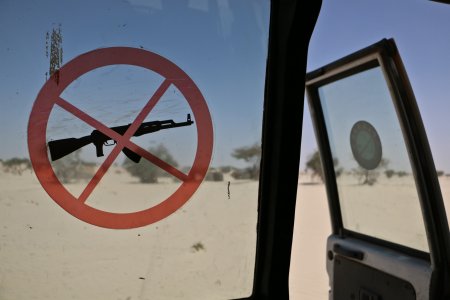 Sara Creta
Analysis
Sara Creta
Analysis
03/29/2016
Michaël Neuman
This review of Larissa Fast's " 'Aid in Danger'. The Perils and Promise of Humanitarianism" was published in the International Review of the Red Cross (Volume 96 / Issue 894)
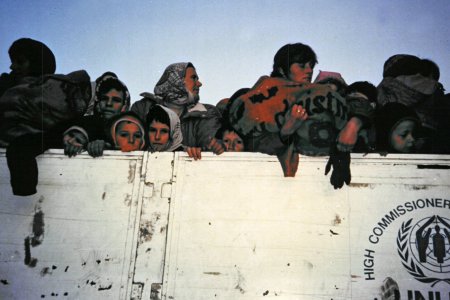 Hans Ullens/MSF
Speaking Out Case Studies
Hans Ullens/MSF
Speaking Out Case Studies
02/09/2016
Laurence Binet
On 14 December 1995, the signing of the Dayton Peace Accords ended the separatist war in former Yugoslavia and created the State of Bosnia-Herzegovina.
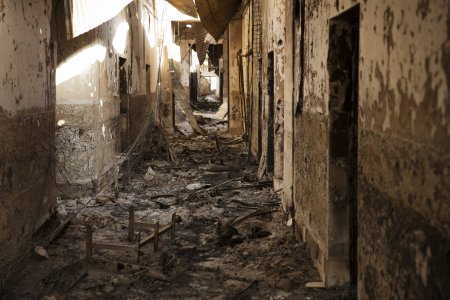 Victor J. Blue
Opinion
Victor J. Blue
Opinion
10/06/2015
Bertrand Taithe
This post was published as a reaction to the attack on the MSF hospital in Kunduz, Afghanistan, that took place on October 3rd, 2015.
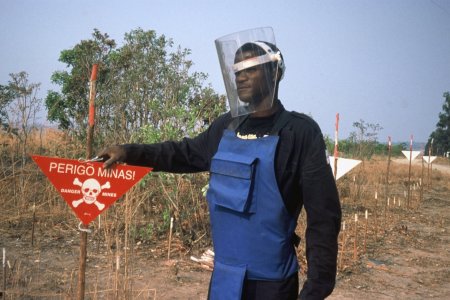 Opinion
Opinion
07/23/2015
Celine Cheng
Should eventual transition from internationally managed programmes to national ownership always be a relevant and/or realistic goal?
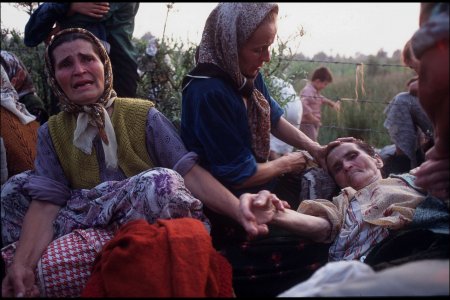 Olivier Jobard/MYOP
Speaking Out Case Studies
Olivier Jobard/MYOP
Speaking Out Case Studies
07/17/2015
Laurence Binet
The case study ‘MSF and Srebrenica 1993-2003' explores the constraints and dilemmas raised when MSF spoke out about the events that occurred in Srebrenica's Muslim enclave.
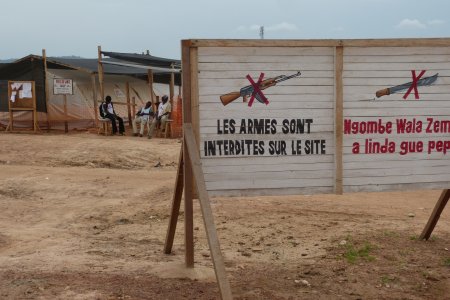 Samuel Hanryon
Opinion
Samuel Hanryon
Opinion
11/21/2014
Michaël Neuman
Is there anything fundamentally new in the security challenges faced by humanitarian organisations? When looking at the history of humanitarian assistance, as far back as the late 1800s, 'medical care' was operating under fire.
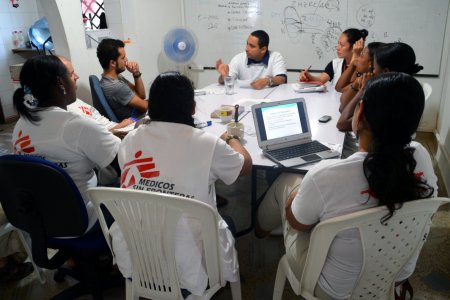 Aurelie Baumel
Opinion
Aurelie Baumel
Opinion
07/23/2014
Clémentine Olivier
Humanitarian Affairs Advisor for the Canadian section of MSF, Clémentine Olivier reviews a recently published OCHA report 'Saving Lives Today and Tomorrow' (March 2014).
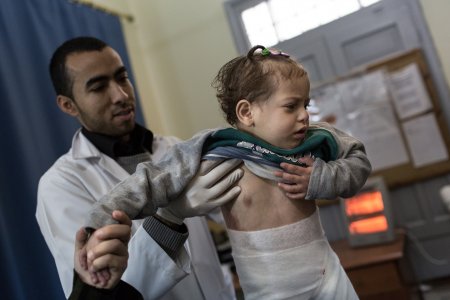 Chris Huby
Opinion
Chris Huby
Opinion
07/14/2014
Jonathan Whittall
Michaël Neuman
A few days after the start of the operation 'Protective edge', Jonathan Whittall, Head of Humanitarian Analysis at MSF posted an opinion in which he questions MSF's role in Gaza. Michaël Neuman, Director of research at MSF Crash responds.
 R. Chalasani
Speaking Out Case Studies
R. Chalasani
Speaking Out Case Studies
06/23/2014
Laurence Binet
This case study describes the constraints and dilemmas facing Médecins Sans Frontières teams that witnessed a process of terror and expulsion which they described as the ‘deportation' of Kosovar Albanians by Serb forces.
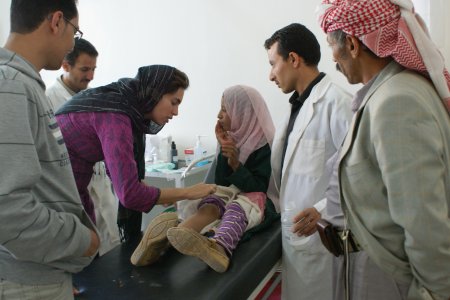 Saoussen Ben Cheikh
Opinion
Saoussen Ben Cheikh
Opinion
06/05/2014
Michaël Neuman
Michaël Neuman has just published paper, in Humanitarian Exchange Magazine focusing on the exposure to risk for medical personnel working in MSF projects in Yemen.
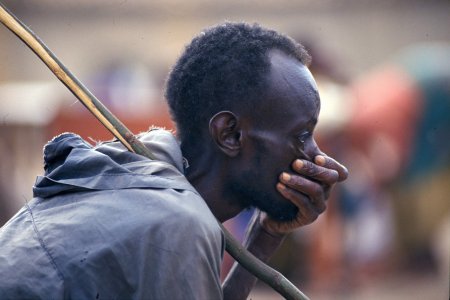 Roger Job
Speaking Out Case Studies
Roger Job
Speaking Out Case Studies
04/03/2014
Laurence Binet
This case study is describing the difficulties and dilemmas met by Médecins Sans Frontières (MSF) during the genocide of Rwandan Tutsis in April, May and June 1994.
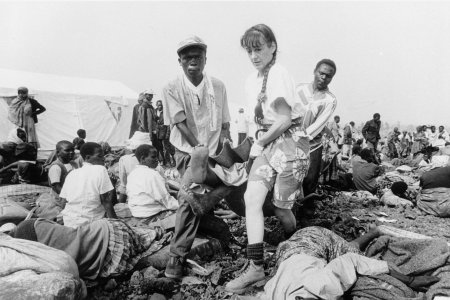 Remco Bohle
Speaking Out Case Studies
Remco Bohle
Speaking Out Case Studies
04/03/2014
Laurence Binet
This case study is describing the constraints and dilemmas met by MSF when confronted with camps under the tight control of "refugee leaders" responsible for the genocide of the Rwandan Tutsis from April to June 1994.
 Sara Creta
Analysis
Sara Creta
Analysis









